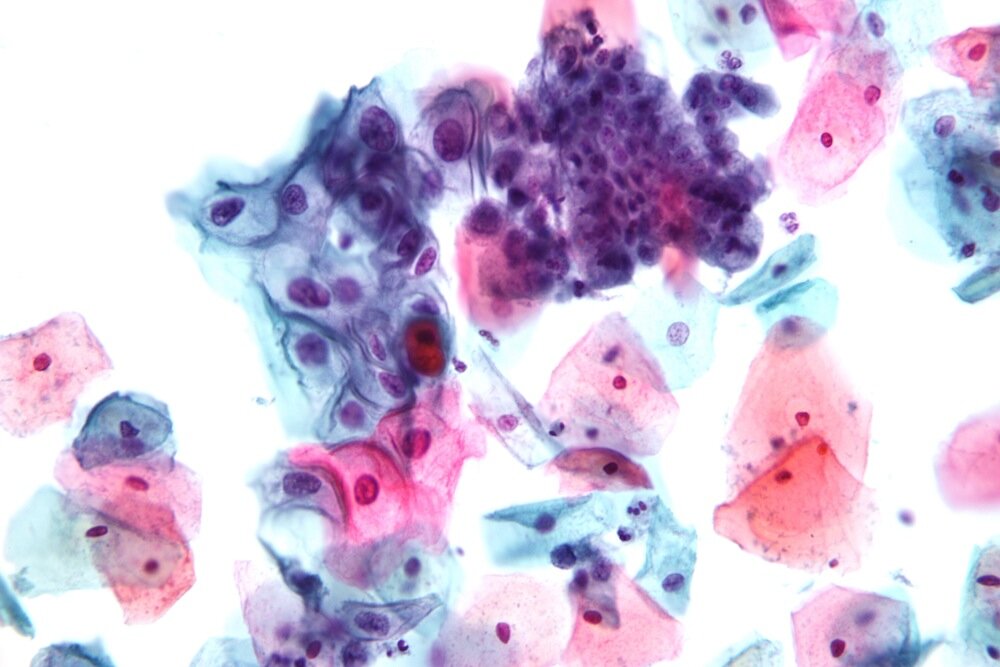
services
Endometriosis affects up to 15% of women and costs Australian society more than $9.7 billion annually. It can lead to painful periods, bladder and bowel concerns, painful sex, pelvic pain and many other symptoms including reduced fertility. Pelvic pain itself can have many other causes and with proper investigation and care can be significantly reduced.
Treatments are available including pelvic floor physiotherapy, relaxation and movement, good bladder and bowel care, sexual therapy, pain management and surgery.
Surgery involves a laparoscopy (key-hole surgery) and identification of disease. If endometriosis is found, excision is best with the aim to restore normal anatomy by an experienced surgeon.
ENDOMETRIOSIS AND pELVIC PAIN.
The cervical screening test (CST) is performed for all women in Australia from the age of 25 through to 70 every 5 years or if you have symptoms. It tests for the HPV (Human Papillomavirus) virus and if present the cells are checked under the microscope for any abnormalities. The virus is very common, affecting 75-80% of women at some stage of their life. The Gardasil vaccine will protect against the 9 most common strains to cause abnormal changes and is given to all 12 year old children but can be given at any stage of life.
If your CST is abnormal you may simply need a repeat in one year but in some circumstances a referral from your GP for colposcopy is necessary.
A colposcopy is not much different to your normal smear but a fluid called Acetic Acid (dilute vinegar) is applied to the cervix to check for any changes under the colposcope. If there are changes, a small biopsy may be needed to decide if a treatment will be needed at a later date..
Abnormal cervical screening test and colposcopy.
-
Abnormal Bleeding.
Abnormal bleeding from the uterus is bleeding that is heavier or lasts longer than expected. This can often be associated with pain during the period and at other times of the month. Bleeding in between periods or during sex can also be cause for concern and warrants a review and investigation. Any bleeding after menopause requires early review.
If left untreated, heavy bleeding can lead to iron deficiency, anaemia and fatigue. Seeing your GP for investigations such as a blood test, ultrasound and cervical screening test prior to seeking specialist gynaecological review will allow identification of a possible cause of the bleeding and help guide management. Options for management can include non-hormonal and hormonal pills, day procedures or hysterectomy.

-
Vulval & Vaginal Conditions.
Conditions affecting the vulval and vaginal region are common and can be painful, irritating and uncomfortable and significantly affect quality of life. Vulval and vaginal changes can also be an early sign of abnormality that require investigation and treatment. A review for a vulval or vaginal concern will require a gentle examination and possible biopsy of the affected area. Treatments are effective and often simple, such as creams or lotions. Some conditions such as a labial or bartholins cyst may require a short procedure in the operating theatre.

50% of women over the age of 50 experience prolapse and is a common concern for younger women as well. Symptoms can include heaviness, a dragging sensation or a lump at the vaginal opening. Examination by your doctor can identify the problem and initiate treatment including pelvic floor physiotherapy, vaginal support pessaries or surgical management.
Incontinence is another large burden on many women’s lives and can also be readily addressed through physiotherapy, bladder retraining exercises, medications and surgeries. Keeping a bladder diary is a helpful way of understanding the problem and can help your doctor or gynaecologist have a better idea of your problem.
pROLAPSE AND INCONTINENCE.
All women will enter menopause at some stage with most between 45 and 55 years of age, the average being 51. 1 in 100 will however go through menopause early at less than 40 years. Some women will sail through menopause happily but for many it is a time of significant change and can affect mood, sleep, vaginal and sexual function, bladder and bowel function, skin, hair and of course hot flushes.
Help is available and a discussion with your doctor about options to manage specific symptoms should happen early including menopausal hormone therapies.



